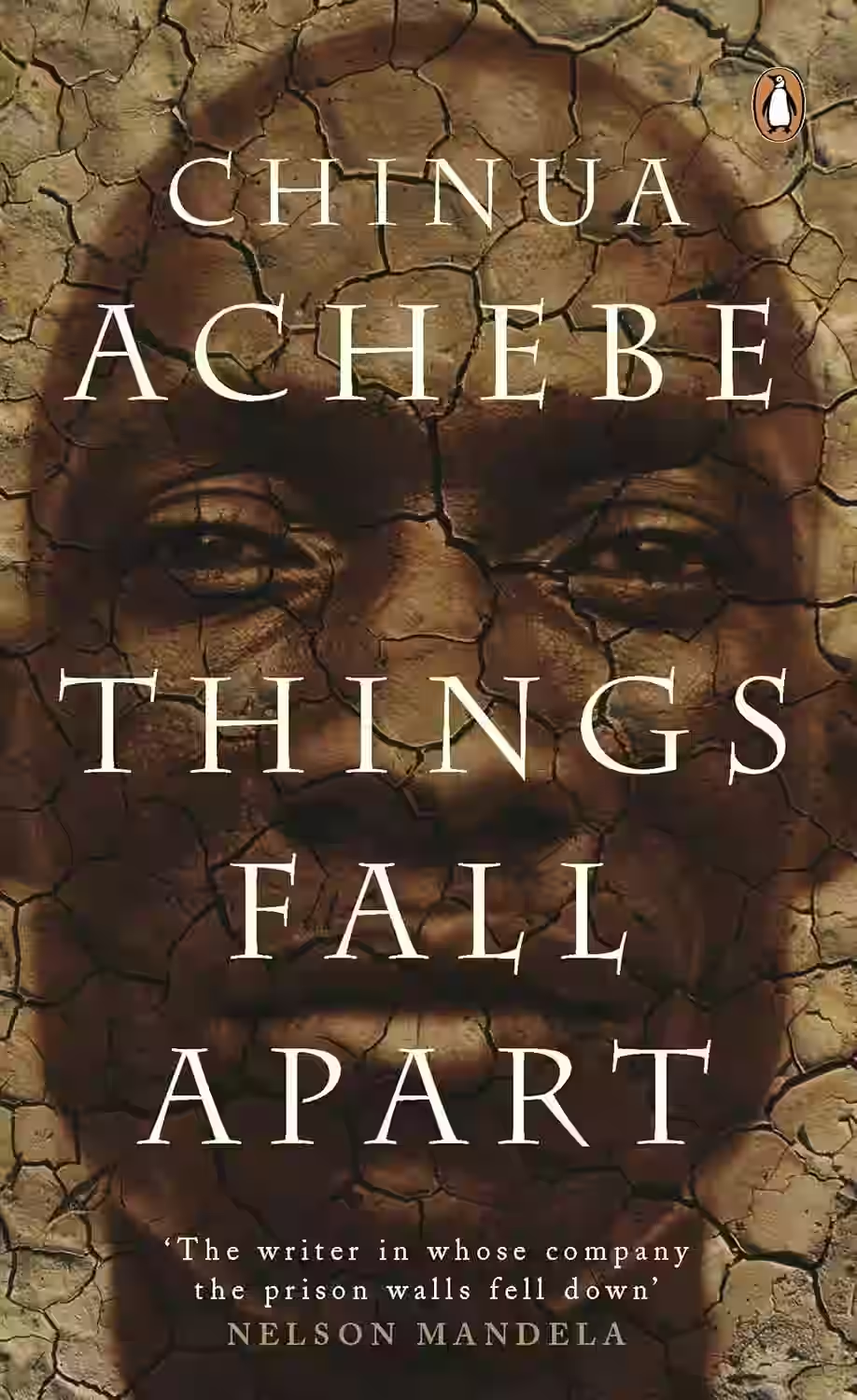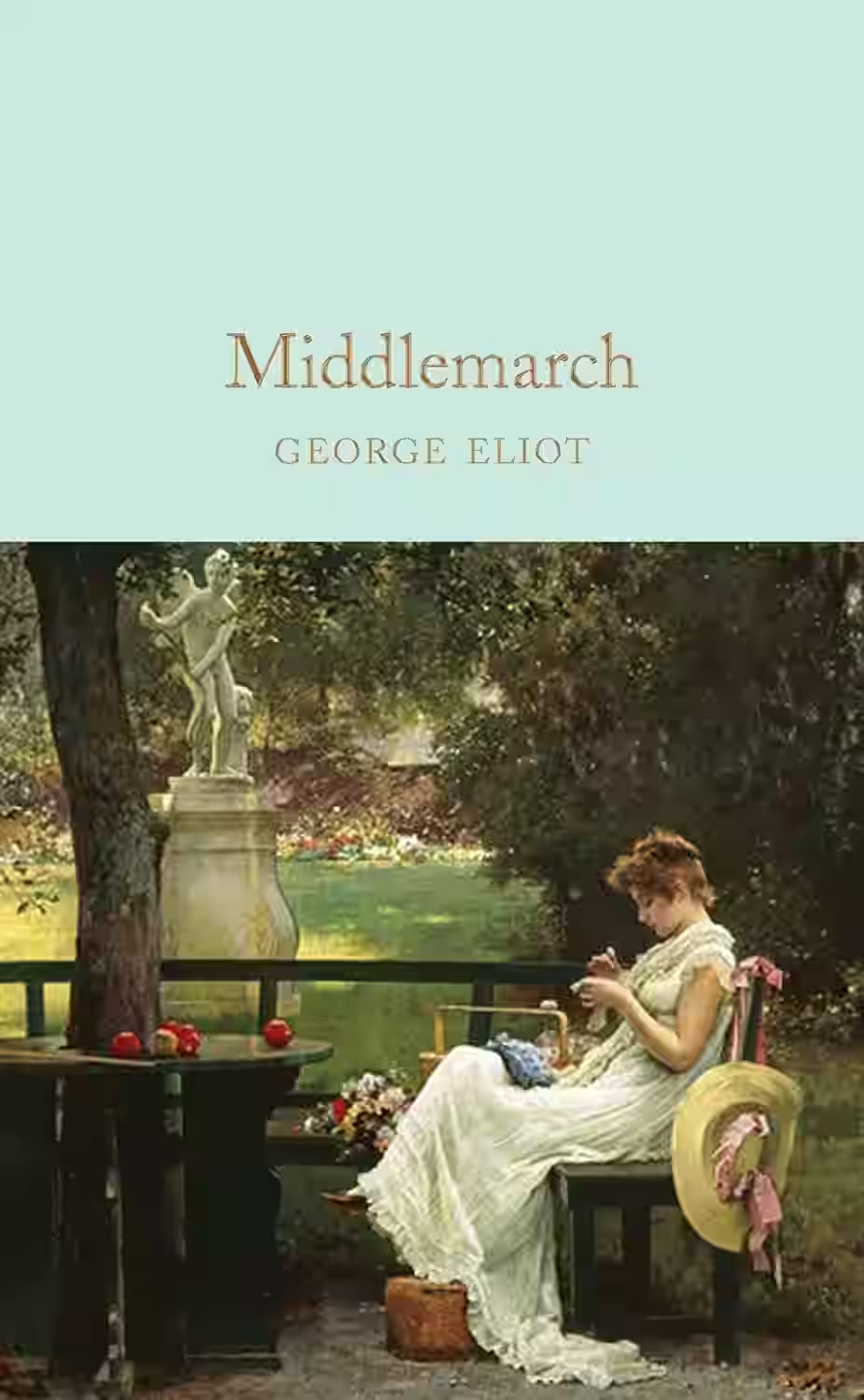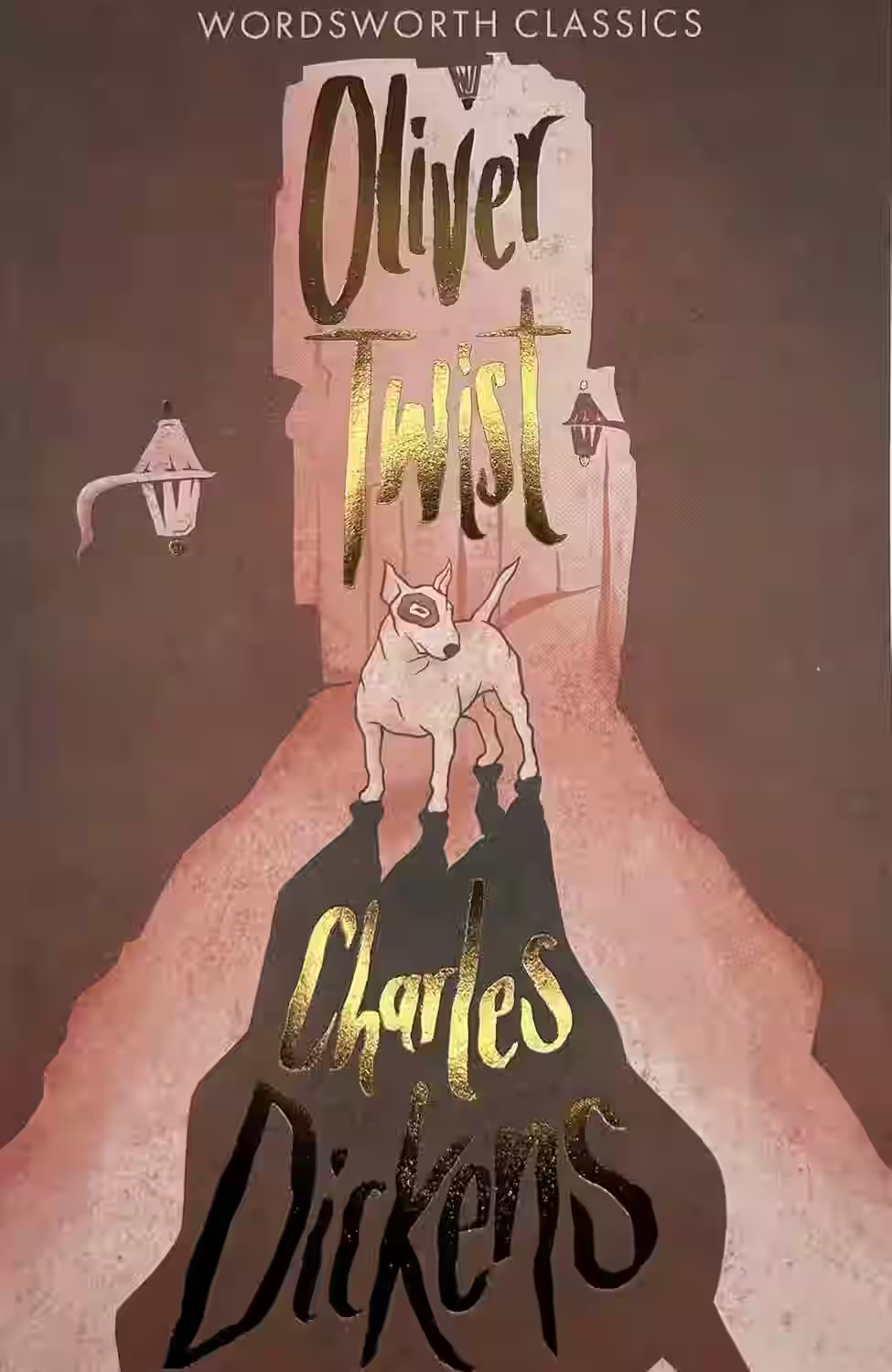
Set in the American South during the 1930s, this Pulitzer Prize-winning novel follows young Scout Finch as she comes of age while her father, lawyer Atticus Finch, defends a Black man falsely accused of rape. Through Scout's innocent eyes, the story masterfully explores racism, injustice, moral growth, and the loss of childhood innocence, while painting a vivid portrait of a small Southern town grappling with prejudice and social change.
About Harper Lee
Celebrated for her powerful and enduring novel, To Kill a Mockingbird, Harper Lee explored themes of racial injustice and childhood innocence in the American South. Her poignant storytelling and memorable characters, like Scout Finch and Atticus Finch, have made a lasting impact on literature and continue to resonate with readers worldwide. Though she published only two novels, her insightful portrayal of human nature and societal issues cemented her place as a significant voice in American literature.
Similar Books

Things Fall Apart
Okonowo is the greatest warrior alive. His fame has spread like a bushfire in West Africa and he is one of the most powerful men of his clan. But he also has a fiery temper. Determined not to be like his father, he refuses to show weakness to anyone - even if the only way he can master his feelings is with his fists. When outsiders threaten the traditions of his clan, Okonowo takes violent action. Will the great man's dangerous pride eventually destroy him?

East of Eden
Set in the rich farmland of the Salinas Valley, California, this powerful, often brutal novel, follows the interwined destinies of two families - the Trasks and the Hamiltons - whose generations hopelessly re-enact the fall of Adam and Eve and the poisonous rivalry of Cain and Abel. Here Steinbeck created some of his most memorable characters and explored his most enduring themes- the mystery of indentity; the inexplicability of love, and the murderous consequences of love's absence.

Middlemarch
by George Eliot
George Eliot’s Middlemarch is a deeply layered novel exploring the lives of residents in a fictional English town during the early 19th century. It centers on Dorothea Brooke, an idealistic woman seeking intellectual and spiritual fulfillment, and Tertius Lydgate, a reform-minded doctor. The novel examines marriage, ambition, politics, and the limitations of social convention. Renowned for its psychological realism and philosophical depth, Middlemarch is often hailed as one of the greatest English novels, offering a rich portrait of provincial life and moral complexity.

Oliver Twist
The story of Oliver Twist - orphaned, and set upon by evil and adversity from his first breath - shocked readers when it was published. After running away from the workhouse and pompous beadle Mr Bumble, Oliver finds himself lured into a den of thieves peopled by vivid and memorable characters - the Artful Dodger, vicious burglar Bill Sikes, his dog Bull's Eye, and prostitute Nancy, all watched over by cunning master-thief Fagin. Combining elements of Gothic Romance, the Newgate Novel and popular melodrama, Dickens created an entirely new kind of fiction, scathing in its indictment of a cruel society, and pervaded by an unforgettable sense of threat and mystery.